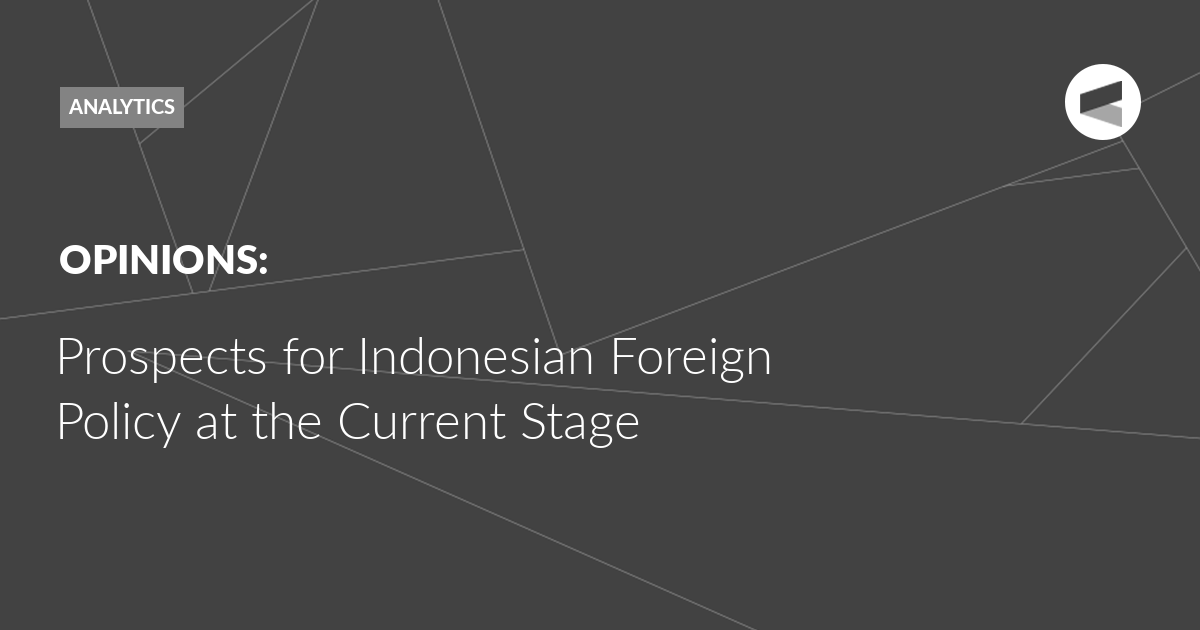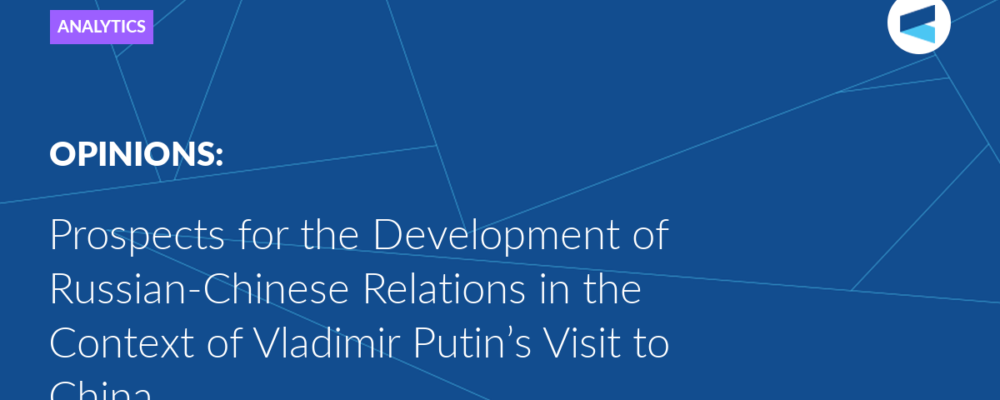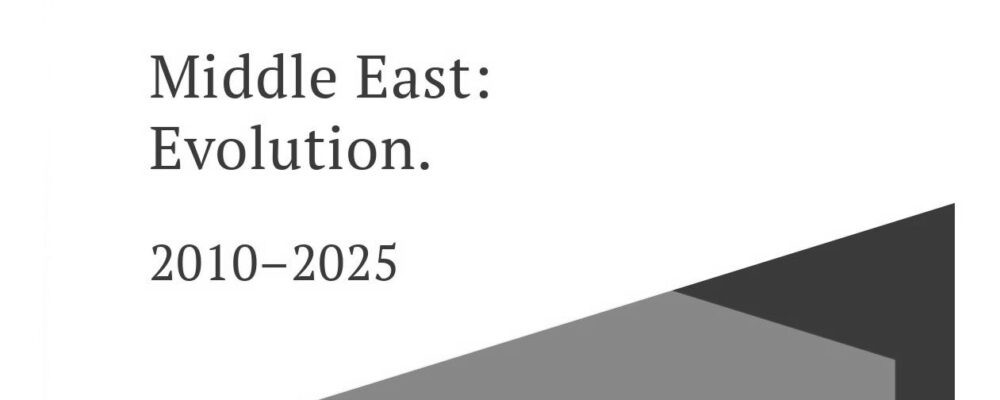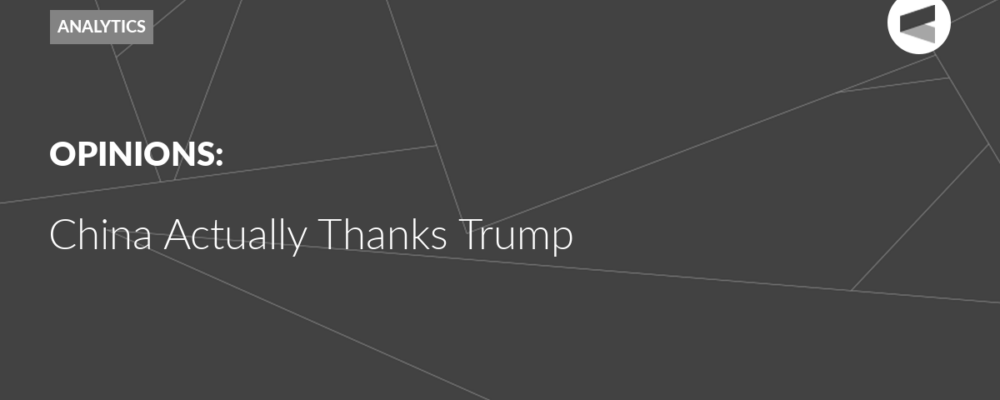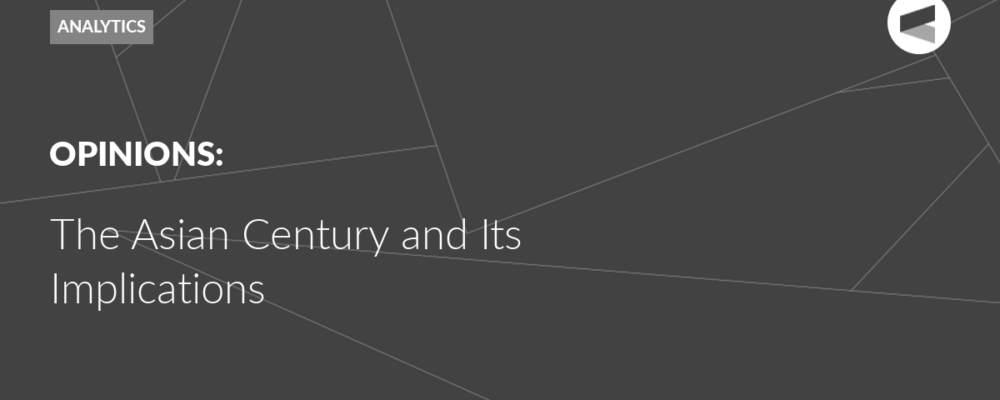On October 20, the newly elected President of Indonesia, Prabowo Subianto, who had previously served as the country’s Minister of Defence, will officially take office. Already in the period between the elections and the inauguration, Prabowo has demonstrated a great deal of diplomatic activity. He conducted a series of international visits and meetings, including a visit to Russia this summer, where he had a conversation with Vladimir Putin and a meeting at the Ministry of Defence. Prabowo’s visit to Moscow led, in our opinion, to quite noticeable changes in the political and expert environment of Indonesia and in the country’s media space in relation to Russia. If earlier, some politicians and experts had rather cautious, reserved attitude towards Russia, then after Prabowo’s visit, this situation began to change in a more constructive direction. Conversations about the prospects for bilateral cooperation between our countries began more openly and without equivocation.
What is significant, again in our subjective opinion, is that properly the military circles, subordinated to Defence Minister Prabowo, have shown the greatest openness and interest in developing a dialogue with Russia. Joint naval exercises are planned for the near future, and interest in military-technical cooperation with Russia has been expressed. If all these plans are implemented, our cooperation will be able to reach a higher systemic level. From the military sphere this positive attitude will be able to “flow” into other areas of interaction. This is entirely consistent with Indonesia’s strategic course on non-alignment and the country’s intention to develop constructive relations with all states, regardless of the geopolitical conflicts going on in the world. Readiness to cooperate with Russia is consistent with this strategy.
If we take into account the value system of modern Indonesia and the influence it can have on the atmosphere of bilateral relations, then there are specific features, which, in our opinion, quite clearly distinguish Indonesia from many other countries of the Global South. Due to historical domestic politics, a peculiar feature of Indonesia is persistent pronounced anti-communist sentiment in a significant part of the ruling class and military circles of the country. This distinguishes it from other countries in Asia and especially in Africa, where the official ideology has strong left-wing, pro-Marxist views. Accordingly, this requires a completely different approach and a different semantic narrative in building trusting relationships with Indonesian partners.
Stereotypes sometimes persist in public opinion in Indonesia that modern Russia is no different from the socialist Soviet Union. Therefore, the Indonesian partners themselves say that emphasising the thesis that Russia is no longer a communist country can significantly help strengthen bilateral relations. For our part, we note that this value and ideological specificity of Indonesia, with an emphasis on right-wing and anti-communist postulates, may in some ways seem more convenient and organic for the value system in modern Russia. This again can facilitate mutual understanding.
Speaking about the general directions of Indonesia’s foreign policy, it should be noted, that the current escalation of the Israeli-Palestinian conflict has had a serious impact on public opinion in the country and on a number of politicians and military personnel. In the context of solidarity with the Palestinians, anti-Western and anti-American sentiments have increased in Indonesia. More and more often in the country’s public media, we see open statements about the double standards of the West, primarily the United States, and that the United States bears its share of responsibility and guilt for human rights violations in Gaza. Given the high potential for social mobilisation on religious issues in Indonesia, this factor should not be discounted; protest demonstrations have already taken place in front of the American embassy in Jakarta, and therefore the new Indonesian government cannot help but take this into account in its practical policy. Incidentally, in our opinion, it is precisely the awareness of the double standards of the West in Palestine that has begun to improve attitudes towards Russia on the part of public opinion; the media agenda in Indonesia has begun to change for the better.
Another important factor for Indonesia’s foreign policy is Australia. This is determined by the close proximity of the two countries. Over the past three decades, their relations have experienced ups and downs. Periodically, about once every ten years, the countries have signed agreements on close cooperation in the field of defence and security, but then the relations deteriorated sharply, almost always for reasons that were perceived in Indonesia as Australian interference in the country’s internal affairs, as attempts to undermine the sovereignty and territorial integrity of Indonesia. This was due to Australia’s interference first in East Timor, then in West Papua. There were also fairly frequent incidents of Australian military ships violating Indonesia’s territorial waters and attempts to shift to Indonesia responsibility for refugees and migrants from other countries trying to enter Australia. To a large extent, the latter was done in order to divert accusations of systematic human rights violations against refugees and migrants from Australia itself. There was also a spy scandal when it was discovered that the phones of leading Indonesian politicians were being tapped by the Australian intelligence. At the same time, even after the story about this wiretapping became clear, Australia refused to make even a formal apology.
Now, one of the first diplomatic steps of president-elect Prabowo has been a visit to Australia and the conclusion of a new agreement with this country on military cooperation, which provides, among other things, for the deployment of troops on each other’s territory “to conduct operations coordinated between the parties.” It would seem that relations are improving again and even reaching a higher level. But judging by the public media and expert circles of Indonesia, there remains a noticeable wariness in public opinion towards Australia.
This is due to the fact that Australia has always been active in pressuring Indonesia both with respect to migrants and under the pretext of protecting human rights in West Papua. This is perceived in Indonesia as hidden support for separatism in this region. Now Australia has officially reduced this pressure a little (in order to agree with Prabowo on military cooperation), but Australian non-governmental organisations are still active in this area. During Prabowo’s visit to Australia, Australian NGOs campaigned for the Australian government to demand that Prabowo agree to the deployment of a UN human rights mission in West Papua, something that the Indonesians have been blocking for a long time, and that further cooperation between Australia and Indonesia should be directly dependent on this issue. Therefore, the Indonesians believe that at the first opportunity, Australia will return to this pressure at the official level. In addition, agreeing to the deployment of troops on its territory, in the event of another migration crisis, it could directly involve Indonesia in a conflict, and shifting responsibility for Australia’s violations of human rights in relation to refugees (many of whom are Muslims from the Near and Middle East) is something that Indonesia would like to avoid at all costs.
However, New Zealand is exerting even greater pressure on Indonesia than Australia on the West Papua issue. Unlike Australia, New Zealand does not need to maintain the appearance of good relations with Indonesia due to their relative distance from each other. Therefore, the new leadership of Indonesia in regional policy faces a potentially serious set of problems. Despite all of Indonesia’s good will to cooperate, Australia and New Zealand, as protagonists of the Western world in this region, will probably not abandon their attempts to pressure Indonesia under the pretext of protecting human rights, behind which, as a rule, poorly concealed intentions of moral superiority and neocolonialism can be seen.
Nevertheless, the upcoming year 2025 is symbolically extremely important for Indonesia because of the 70th anniversary of the Bandung Conference of 1955. The principles of Bandung, the spirit of Bandung, largely laid the foundations for mutual solidarity between the states of the non-Western world. They retain their significance today. Both the Soviet Union and now Russia have always supported this movement. Another important anniversary – for our bilateral relations – is the 75th anniversary of the establishment of diplomatic relations, which will also be celebrated in the coming year. Thus, history and historical memory provide us with a good opportunity to strengthen bilateral ties between Russia and Indonesia in today’s world.
The Valdai Discussion Club was established in 2004. It is named after Lake Valdai, which is located close to Veliky Novgorod, where the Club’s first meeting took place.
Please visit the firm link to site


